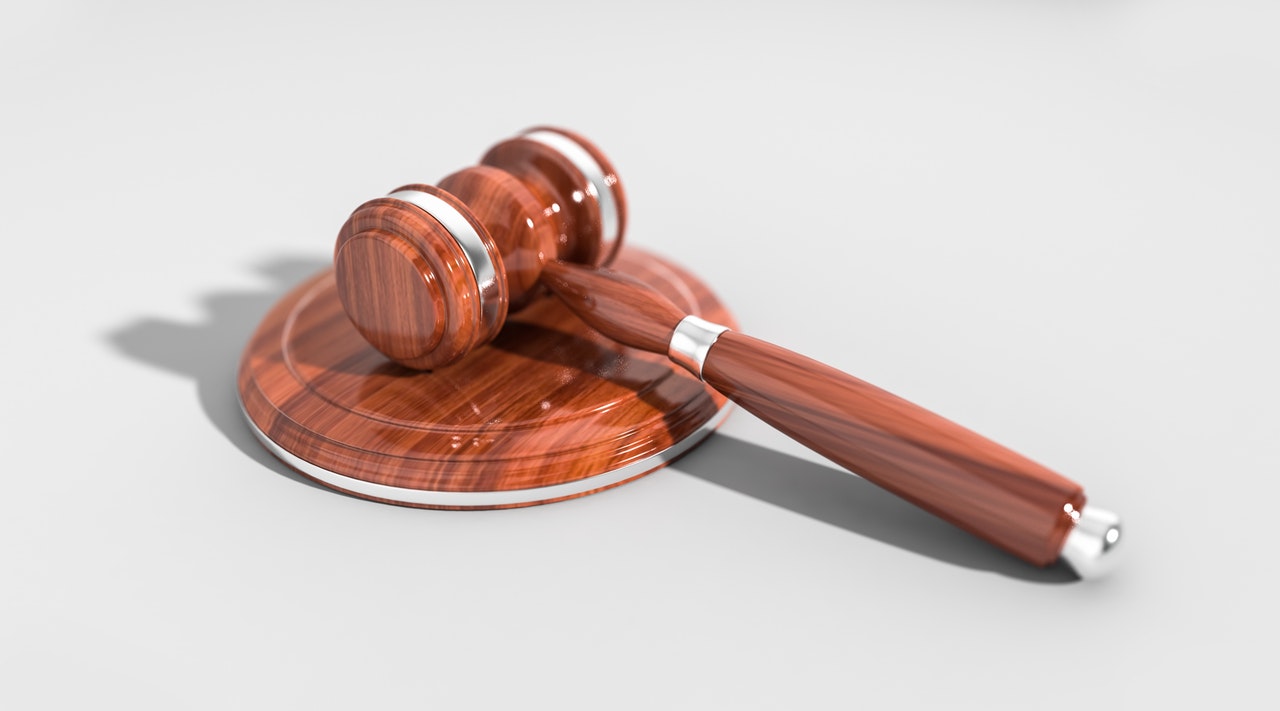
Trademark is a valuable asset to a company or business. Enforcing and defending a trademark depends on the trademark owner. The trademark owner is supposed to identify any infringement in their company’s, i.e. name, logo, and sign and should seek advice and more information from a trademark lawyer.
Trademark lawyers are well-versed with key strategies to deal with intellectual property infringement cases and how one can enforce their rights. One should consider consulting a trademark lawyer to select the appropriate approach that needs to take for your case. The lawyer should be aware of the measures existing in their country and the other states to take action against infringement and how to enforce your rights.
Trademarks Registry also advices one when their trademark is infringed. In Kenya, an advisory committee, i.e. Kenya Industrial Property Institute and Anti-Counterfeit Agency that deals with Intellectual property rights and counterfeiting measures that help trademark owners when there is an infringement on a trademark.
When infringement happens, you may start by writing a letter (cease letter) to the alleged infringer informing them of the possible existence of a conflict between your trademark and his/her their company’s activity. Assistance from a trademark attorney is vital when writing this letter.
For a trademark owner to defend their case in court one has to:
Show that the use of the trademark was not breached – In this case of infringement, it will depend on why the owner has sued you. When one mentions other’s brand name on their website or marketing platform, then they may defend themselves by proving that it did not affect the sales or reputation of the plaintiff’s company.
By proving that the petitioner will not face any economic damage – Another way of defence is to verify that the holder is no way going to be affected economically due to the infringement. If the petitioner filed a lawsuit against your enterprise for trademark infringement, they would have to show that they have suffered weighty losses due to the violation. The plaintiff also needs to show the difference in earnings and the subsequent losses borne due to the infringement. If there is no proof of this, then you may use this to defend your case and have the judgment on your favour.
By proving the plaintiff has an invalid trademark – If the petitioner sued you for the use of a service mark/trademark which is descriptive of an object, you might then be able to use it as a possible defence to claim that the opposing party’s trademark is null and void.





No comment yet, add your voice below!